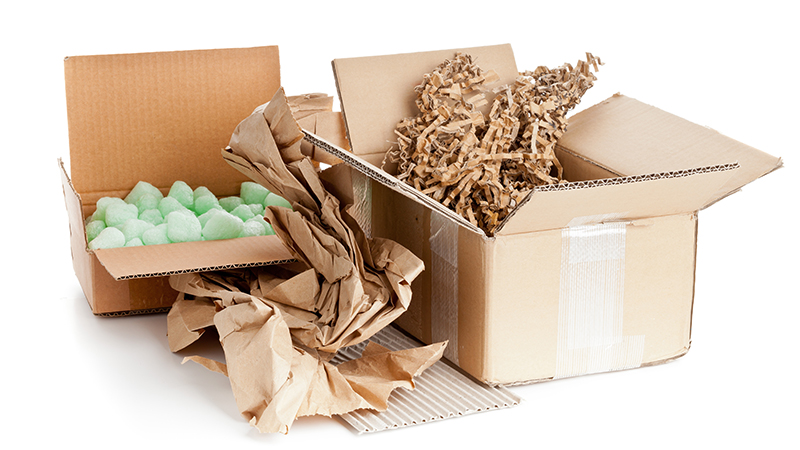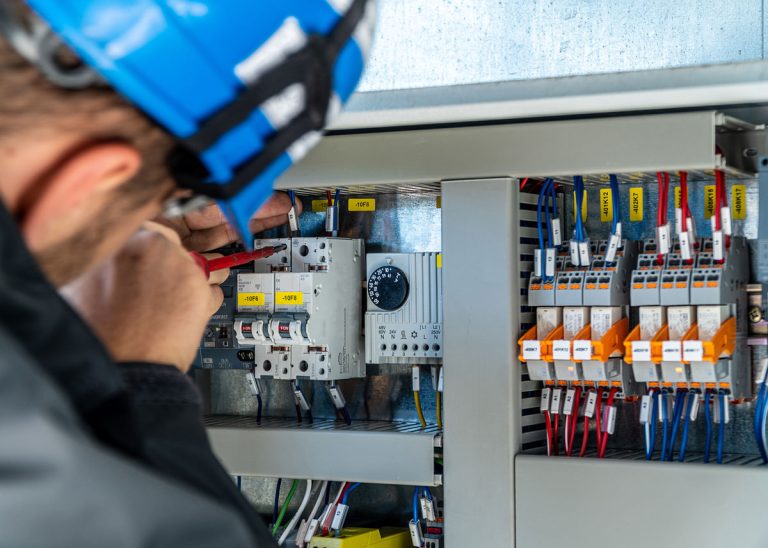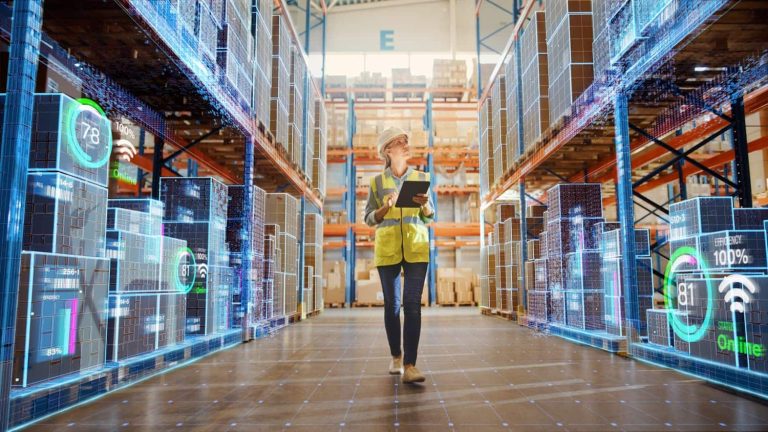
Supply chains want smarter, leaner, more efficient packaging solutions as world trade changes. Companies are under more and more pressure to minimize their environmental effect and better inventory control. In response, creative technologies are allowing the application of intelligent systems and materials compliant with both operational objectives and environmental criteria. Integration of green bulk packaging solution choices, meant to maximize flow and lower waste without sacrificing product protection, is a leading strategy changing this space.
Technology Supporting Packaging Intelligence
Using sensors, automation, and digital monitoring, smart packaging technologies help to facilitate more effective supply chain visibility. Crucially, in sectors including food, drugs, and electronics, these devices can identify changes in temperature, pressure, and humidity. Real-time data helps businesses make decisions that enhance handling, stop spoilage, and simplify logistics. Better inventory control is the outcome, although over-packaging and material abuse are also much reduced. The intelligent packaging ecology now revolves mostly around weight sensors, RFID monitoring, and barcode scanning. By use of these instruments, every product is tracked down, thereby removing unnecessary packing stages and streamlining warehouse operations. Automating once-manual checks helps companies lower human error and decrease unnecessary use of single-use packaging or protective fillers. These developments also facilitate worldwide compliance with regulatory criteria.

Reducing Waste With Smarter Design
Modern packaging is growing smarter on the outside as well as on the inside. Goods are being carried and stored differently thanks to structural changes including reusable modular containers, stackable crates, and collapsible bins. Replacing conventional single-use plastics are recyclable, reusable, or reconfigurable materials. Many businesses are looking at a green bulk packaging solution that not only boosts operational flow but also supports worldwide attempts to reduce environmental damage. Lifetime efficiency is considered in the design for these solutions. By cutting the need for regular replacements, durable, recyclable materials provide long-term value in bulk containers. Their consistent shape protects items during transit and promotes stacking, therefore optimizing shipping processes. In addition, they help to lower operating expenses and create cleaner storage conditions by cutting the personnel time related to sorting and disposal.
Inventory Flow Through Smarter Systems
Supply chains work more consistently and effectively when packaging interacts with inventory systems. Smart packing tools can measure remaining capacity, set off automatic replenishment alarms, and offer audit trails, thereby enhancing responsibility. Lean inventory models are supported and pointless processes from warehouse operations are eliminated by matching packaging with digital inventory systems.
In the end, the emergence of smart packaging systems marks a whole reevaluation of the function packaging performs in logistics and sustainability as well as a change of materials. Companies are building systems that serve both financial and environmental objectives by combining digital tracking, clever design, and environmentally friendly materials. Intelligent, flexible, and tailored to fit the needs of a global economy emphasizing responsibility and efficiency, packaging is headed forward.



